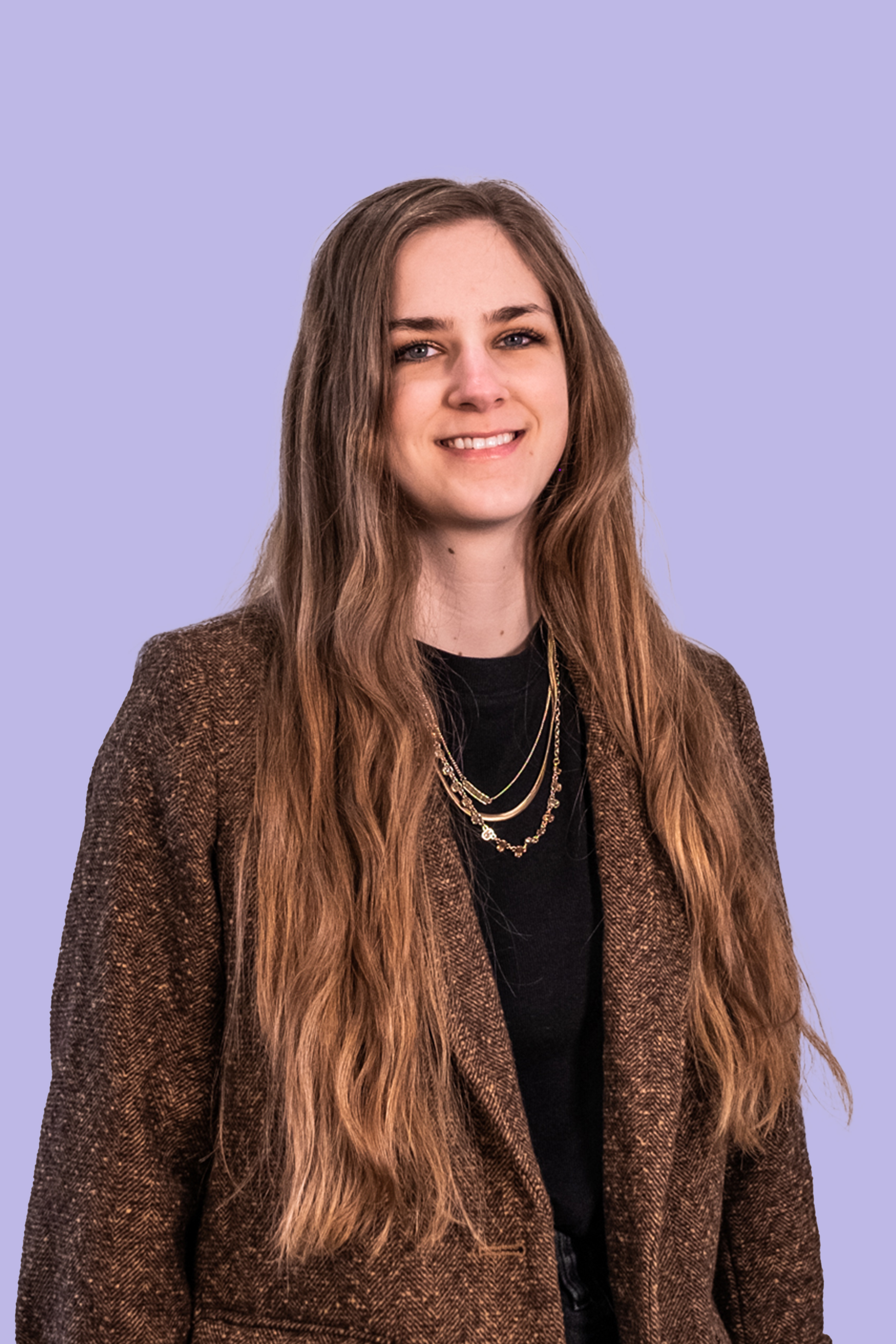Embracing Recovery: Amanda Uphoff’s Journey to Healing and Hope



As a Clinical Research Specialist, writer, and person with lived experience in mental health recovery, Grace blends clinical research with honest storytelling to inspire healing and hope. In her free time, she enjoys writing books for young adults, an age when she needed stories the most.

Dr. Mala, is the Chief Clinical Officer at Recovery.com, where she develops impartial and informative resources for people seeking addiction and mental health treatment.




As a Clinical Research Specialist, writer, and person with lived experience in mental health recovery, Grace blends clinical research with honest storytelling to inspire healing and hope. In her free time, she enjoys writing books for young adults, an age when she needed stories the most.

Dr. Mala, is the Chief Clinical Officer at Recovery.com, where she develops impartial and informative resources for people seeking addiction and mental health treatment.
We were delighted to speak with Amanda Uphoff, our Chief of Staff, in our recent Recovery.com Podcast episode. Amanda joined Recovery.com in 2022 as an Executive Administrator and has since excelled in the role of Chief of Staff. She owned and operated a yoga studio in Madison, Wisconsin, and has made it her home.
Amanda is a mother, a mentor, a certified yoga instructor, a certified recovery coach, and a woman in recovery from anorexia nervosa and alcohol use disorder. In our episode, we talk to Amanda about her recovery process, hurdles, and how she helps other women embrace recovery.
Rosy Beginnings
Amanda grew up in Akron, Ohio as the oldest of three well-loved siblings. She entered into an unhealthy relationship with food in eighth grade, starting strict diets to lose weight.
In college, social and interpersonal pressure bloomed her unhealthy relationship into an eating disorder. Amanda danced on her school’s dance team and received “really positive feedback” on her weight loss. Only when she went home for Christmas, saw a picture of herself, and was told she couldn’t return to college if she didn’t gain weight did Amanda realize the severity of her anorexia and the hold it had taken on her life.
Love for her family and college dance group empowered Amanda to go to therapy, eat more to replenish weight and nutrients, and maintain her progress.
Growing into Motherhood, Business Ownership, and Recovery—And Catching Thorns
Amanda had two children, crediting her pregnancies with healing her anorexia and how she felt about her body, saying, “It’s hard to hate something that does something so magical.” She soon opened her yoga studio, but Amanda quickly discovered she wasn’t fully suited to the small-business path. Disconnecting from work became a daily struggle, as did taking care of herself. Eventually catching just a few hours of sleep a night and wholly burnt out, Amanda again developed anorexia.
As that was happening, Amanda was introduced to wine and fell in love with how it “smoothed the edges, made everything feel just a bit better.” Drinking wine helped her fit in with the sophisticated small-business community in Madison. She gradually drank more and more, starting with a glass or two a night, and then a bottle a night by the time she was 35. Then she decided she wanted to stop.
Amanda figured her ability to stop something as crucial as eating would make quitting easy, but found she couldn’t stop—even though she wanted to for her own health, her children, and her marriage.
When New Beginnings Bloom
Amanda walked through a divorce, the terrifyingly real prospect of losing custody of her two kids, and the lost hope of one “magic bullet” that could fix everything. She attended a residential program for her anorexia and alcohol use disorder but felt disconnected from treatment, leaving without feeling “healed”. Two years later, she attended residential treatment again and met a spiritual advisor. This person, and the facility’s spiritual program, appealed to her love of yoga and spiritual practices.
Amanda retained sobriety after the second program, with her last relapse in January, 2020. Lockdowns during the Covid pandemic allowed Amanda to repair her relationships with her kids, primarily with her oldest daughter.
Embracing Rigorous Honesty And Aggressive Authenticity
Amanda’s journey continues as a mentor and spokeswoman for honesty and authenticity as tools for recovery and relapse prevention. Amanda’s lived experience with addiction and recovery fuels this advice:
“Community is everything. I recommend finding one person who you can be rigorously honest with, who you can tell everything—that can just be one person and then it can grow.”
Amanda is now a certified recovery coach and uses her experiences and wisdom to mentor women and help them find their path to recovery. She enjoys watching her children grow into capable, compassionate young adults and spending time with her partner, Wes, who works as a peer support specialist and is in recovery himself.
Find Support for Your Own Recovery Journey
Amanda’s story shows that recovery is possible with the right support. If you or someone you love is navigating an eating disorder, alcohol use disorder, or both, Recovery.com can help you find treatment centers that align with your needs, values, and goals. Explore trusted options and take the next step toward healing today.
Our Promise
How Is Recovery.com Different?
We believe everyone deserves access to accurate, unbiased information about mental health and recovery. That’s why we have a comprehensive set of treatment providers and don't charge for inclusion. Any center that meets our criteria can list for free. We do not and have never accepted fees for referring someone to a particular center. Providers who advertise with us must be verified by our Research Team and we clearly mark their status as advertisers.
Our goal is to help you choose the best path for your recovery. That begins with information you can trust.









